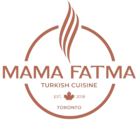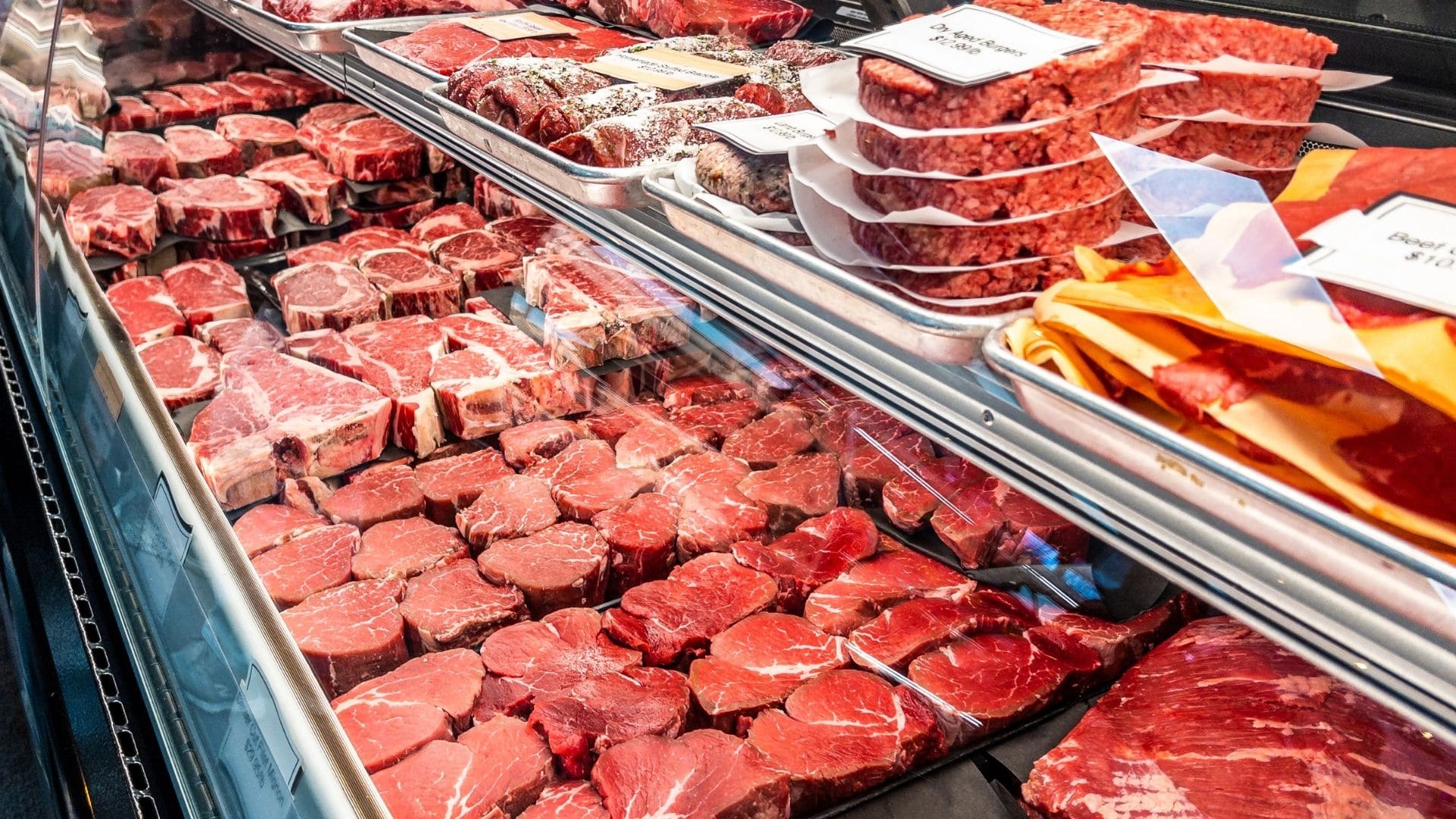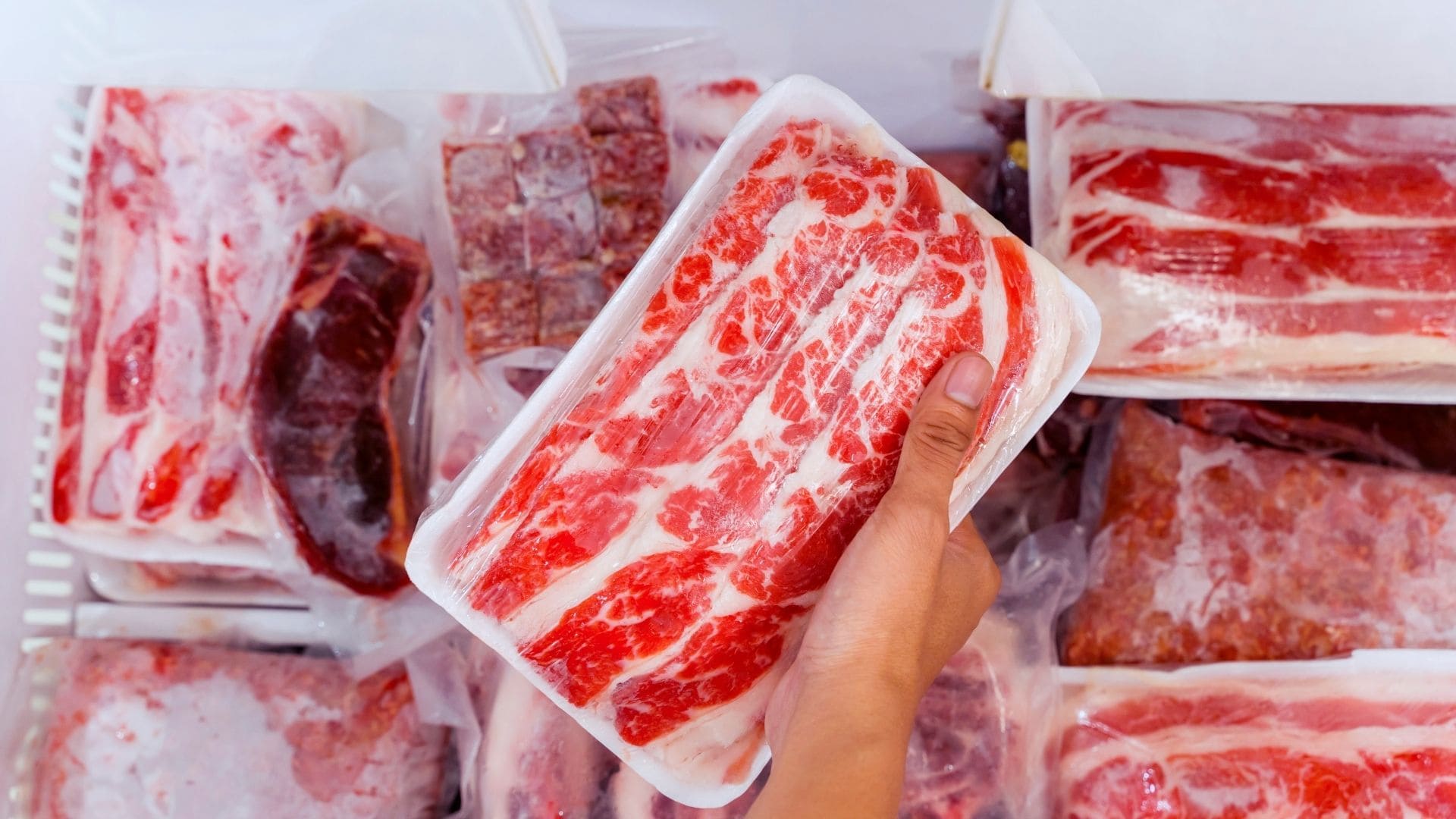Storing meats properly in the refrigerator is essential not only for maintaining their freshness and flavor but also for ensuring food safety. Improper storage can lead to spoilage, freezer burn, and the growth of harmful bacteria. For a business like Mama Fatma, which prides itself on serving delicious and fully halal dishes, understanding the best practices for meat storage is crucial. Whether you’re storing meat at home or managing inventory for a restaurant, these tips will help you keep your meats in top condition.
Best Practices for Wrapping and Packaging Meats
One of the most critical aspects of storing meat is how it is wrapped and packaged. Proper wrapping helps preserve the meat’s moisture, prevents contamination, and reduces the risk of freezer burn.
Use High-Quality Wraps
- Plastic Wrap: For short-term storage in the refrigerator, plastic wrap is an effective option. It creates a tight seal around the meat, preventing air from getting in and causing spoilage.
- Aluminum Foil: This is another good option for wrapping meats. It provides a strong barrier against moisture and can also be used in the freezer for short-term storage.
- Vacuum Sealing: For longer storage, vacuum sealing is the best option. By removing all the air from the package, vacuum-sealed meats can last significantly longer in both the refrigerator and freezer.
Double Wrapping for Extra Protection
For large cuts of meat or when freezing for extended periods, consider double-wrapping. First, wrap the meat in plastic wrap or aluminum foil, then place it in a resealable plastic bag or airtight container. This extra layer of protection helps to prevent freezer burn and keeps the meat fresh.
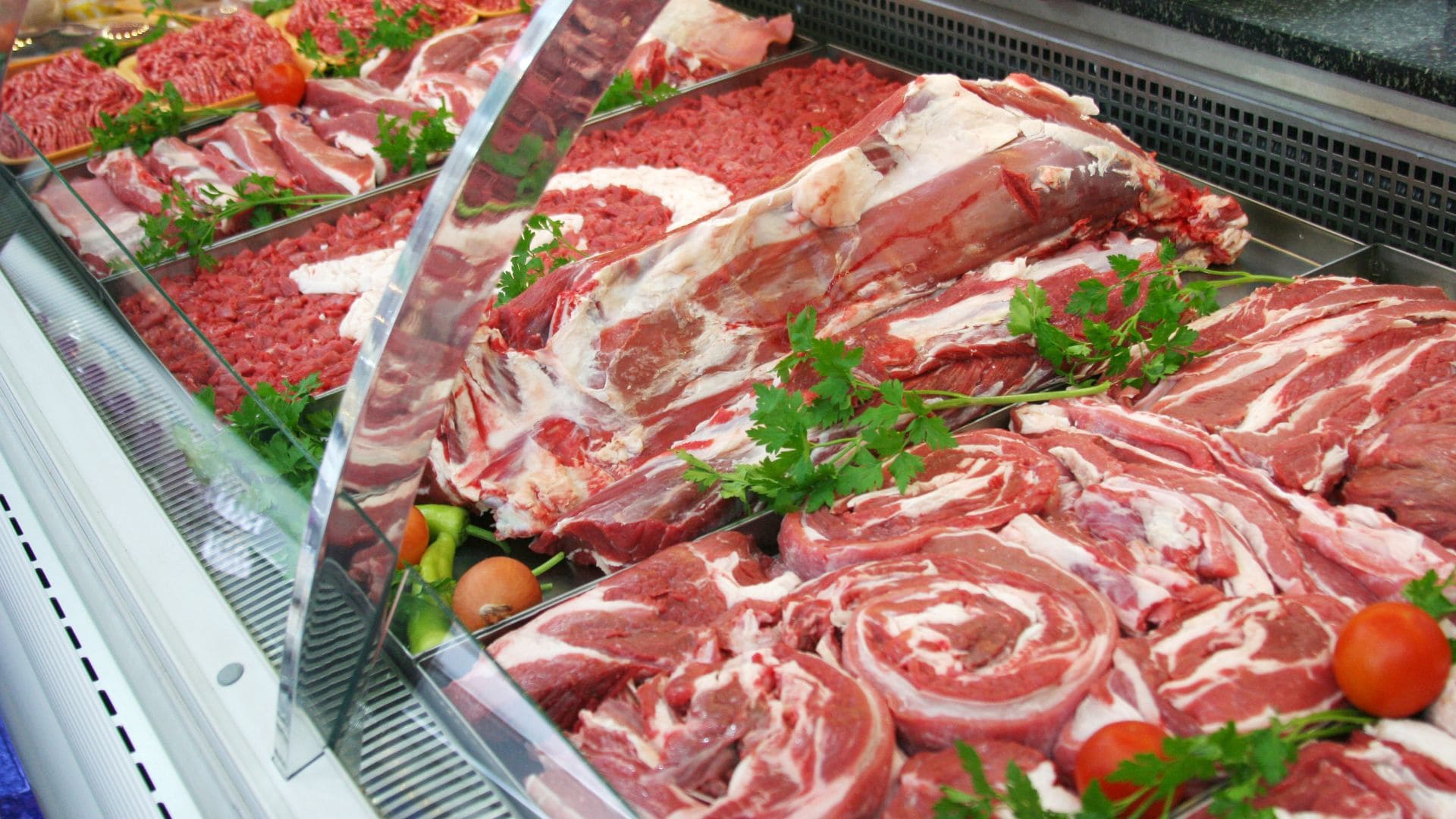
Ideal Temperature Settings for Meat Storage
Maintaining the correct temperature in your refrigerator and freezer is essential for preventing spoilage and bacterial growth.
Refrigerator Settings
- Temperature Range: The ideal temperature for storing fresh meat in the refrigerator is 32°F to 40°F (0°C to 4°C). Keeping the temperature closer to 32°F will help the meat last longer without freezing.
- Check the Temperature Regularly: Use a refrigerator thermometer to monitor the temperature. Even a slight fluctuation can affect the quality of your meat.
Freezer Settings
- Temperature Range: For freezing meat, your freezer should be set at 0°F (-18°C) or lower. This temperature stops the growth of bacteria and keeps the meat safe for extended periods.
How to Prevent Freezer Burn and Spoilage
Freezer burn and spoilage are two of the most common issues when storing meat. They can ruin the texture and flavor of the meat, making it less appealing or even unsafe to eat.
Preventing Freezer Burn
Freezer burn occurs when meat is exposed to air, causing the moisture to evaporate and leaving dry, discolored patches. To prevent this:
- Use Airtight Packaging: As mentioned earlier, vacuum sealing is the most effective way to prevent freezer burn. If vacuum sealing isn’t an option, ensure that your meat is wrapped tightly with minimal air pockets.
- Label and Date: Always label your packages with the date they were stored. This helps you keep track of how long the meat has been in the freezer and ensures you use it before it deteriorates.
Avoiding Spoilage
Spoilage happens when meat is stored too long or at the wrong temperature. To avoid this:
- First In, First Out: Use the FIFO method to ensure that older meat is used before newer stock. This method is particularly important in restaurant settings like at Mama Fatma’s to maintain freshness and reduce waste.
- Don’t Overload the Freezer: Overloading can reduce air circulation, leading to uneven cooling and potential spoilage.
Storing Different Types of Meat
Different types of meat have different storage requirements. Understanding these differences can help you maximize the shelf life and quality of each type.
Beef and Lamb
- Refrigeration: Beef and lamb can be stored in the refrigerator for up to 3-5 days. Ground meat, however, should be used within 1-2 days.
- Freezing: When frozen, beef and lamb can last up to 6-12 months if properly wrapped and stored.
Poultry
- Refrigeration: Poultry is more perishable than beef and should be used within 1-2 days when stored in the refrigerator.
- Freezing: In the freezer, poultry can last up to 9 months. For best results, wrap poultry in freezer-safe packaging to avoid freezer burn.
Fish and Seafood
- Refrigeration: Fresh fish and seafood are highly perishable and should be consumed within 1-2 days.
- Freezing: Fish can be stored in the freezer for up to 3-6 months. It’s important to wrap fish tightly to prevent moisture loss and freezer burn.
How to Organize Meat in Your Fridge for Easy Access
Organizing your refrigerator properly is not just about convenience but also about food safety. Here’s how to keep your fridge organized:
Separate Raw and Cooked Foods
Always store raw meat on the lower shelves of your refrigerator. This practice prevents any juices from dripping onto other foods, which could cause cross-contamination. Cooked meats and ready-to-eat foods should be stored on higher shelves, away from raw meat.
Use Clear Containers
Store meats in clear, labeled containers. This makes it easier to see what you have on hand and reduces the chances of accidentally using older meat past its prime.
Keep Like Meats Together
Organize your fridge so that similar types of meat are stored together. For instance, keep all poultry on one shelf and all beef on another. This helps in quickly finding what you need and managing inventory, especially in a restaurant setting.
Tips for Safe Thawing and Re-Freezing
Thawing meat safely is crucial to avoid the growth of harmful bacteria. Here’s how to do it properly:
Refrigerator Thawing
The safest way to thaw meat is in the refrigerator. This method ensures that the meat stays at a safe temperature throughout the thawing process. Depending on the size, this can take anywhere from 24 hours to a few days. Plan ahead to ensure you have enough time to thaw your meat properly.
Cold Water Thawing
If you need to thaw meat more quickly, submerge it in cold water, ensuring the meat is in a sealed plastic bag. Change the water every 30 minutes to keep it cold. Meat thawed using this method should be cooked immediately.
Avoid Room Temperature Thawing
Never thaw meat at room temperature. This practice can lead to the growth of bacteria on the outer layers of the meat while the inside remains frozen, increasing the risk of foodborne illness.
Re-Freezing Thawed Meat
Meat that has been thawed in the refrigerator can be safely re-frozen if needed. However, be aware that repeated freezing and thawing can degrade the quality of the meat. Meat thawed using other methods should not be re-frozen unless it has been cooked first.
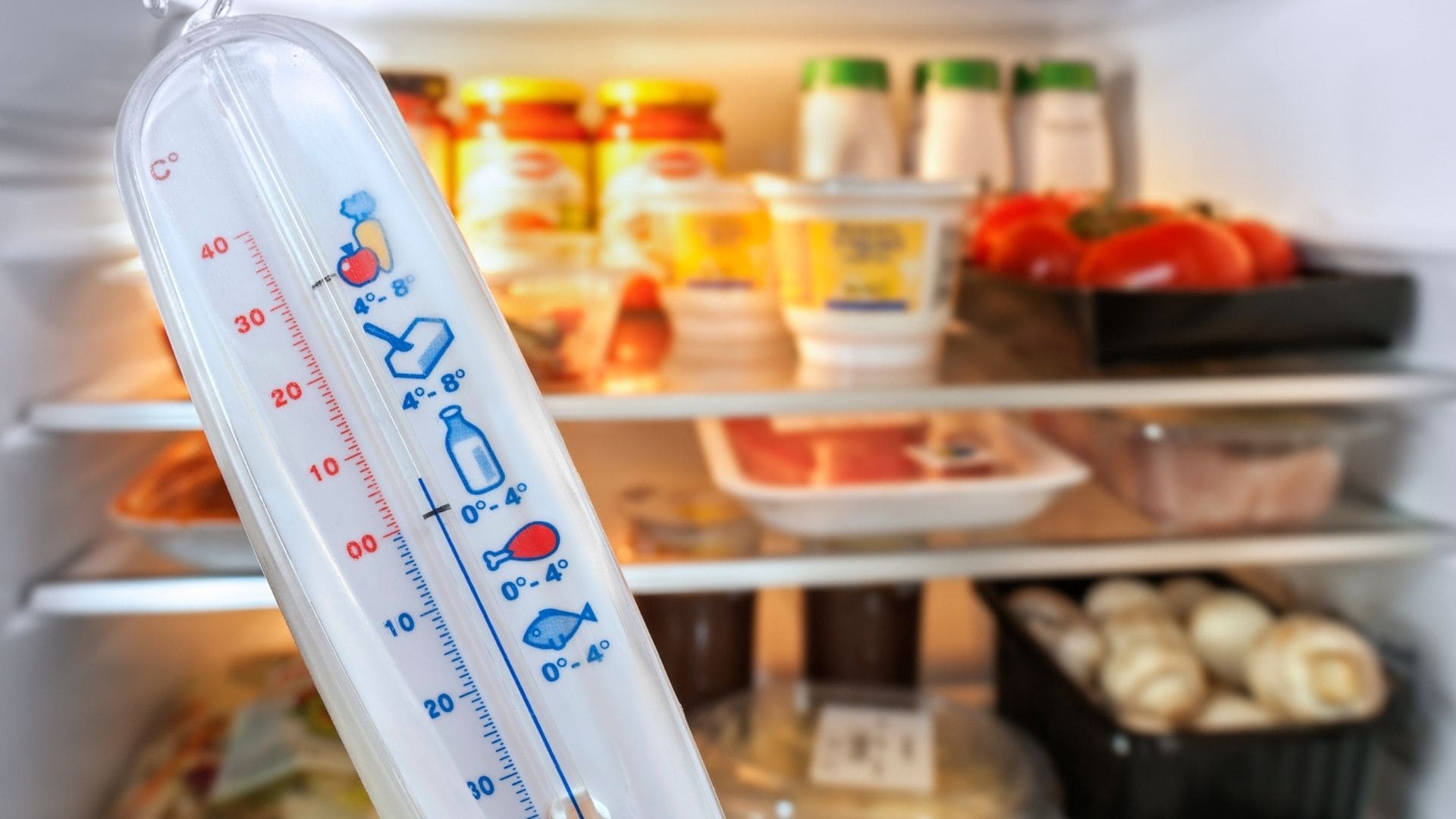
Proper Meat Storage for Quality and Safety
Whether you’re cooking for your family at home or preparing meals for your customers at Mama Fatma in Vaughan or Mississauga, understanding how to store meat properly is key to ensuring both safety and quality. By following these best practices for wrapping, packaging, and organizing your meats, and by maintaining the ideal temperatures, you can prevent spoilage and waste, keeping your meats fresh and delicious for longer.
Incorporating these tips into your daily routine will help you make the most out of your ingredients, ensuring that every dish you serve is as flavorful and safe as possible. For more information on how to maintain the quality of your halal meats or to taste some expertly prepared dishes, visit Mama Fatma’s locations in Toronto, Ontario, where we’re always ready to serve you the best of Turkish, Middle Eastern, and Mediterranean cuisine.
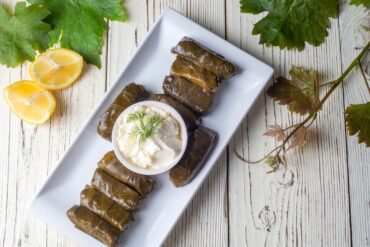
What is Turkish Dolma and Which Vegetables are Used?
Turkish cuisine has a rich tradition of crafting delicious, flavor-packed dishes that bring together a harmonious mix of spices, fresh ingredients, and cultural history. One of the most iconic dishes
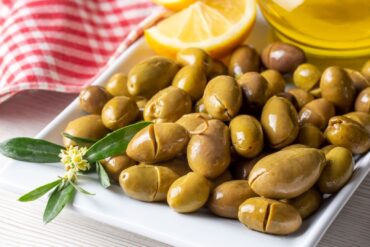
Understanding Turkish Olive Varieties and Their Uses
Olives are at the heart of Turkish cuisine, playing a vital role in everything from breakfast spreads to main dishes and appetizers. Turkey’s diverse olive varieties provide unique flavors, textures,

Top Places to Visit in Ontario, London
London, Ontario is a vibrant city with a unique blend of history, nature, and modern attractions that make it an exciting place to explore. Whether you’re a visitor or a
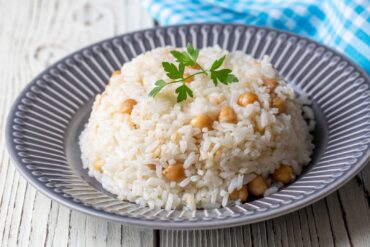
Tips for Perfecting Turkish Rice Dishes
MAIN ENTREES Treat yourself to the rich flavors of our main entrées at Mama Fatma Restaurant! Place your order today and experience the taste of perfection! Order Now In Turkish

The Role of Fresh Herbs in Turkish Cooking
In Turkish cuisine, fresh herbs are essential in creating vibrant flavors, eye-catching colors, and unforgettable aromas. At Mama Fatma in Vaughan and Mississauga, Ontario, we use a variety of fresh,

Popular Turkish Street Foods You Need to Try
MAIN ENTREES “Indulge in the finest main entrées at Mama Fatma Restaurant! Order now and treat yourself to a culinary delight you won’t forget!” Order Now Turkish street food is
